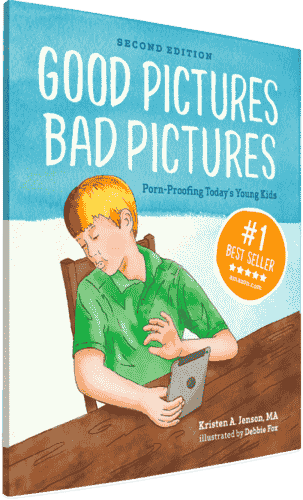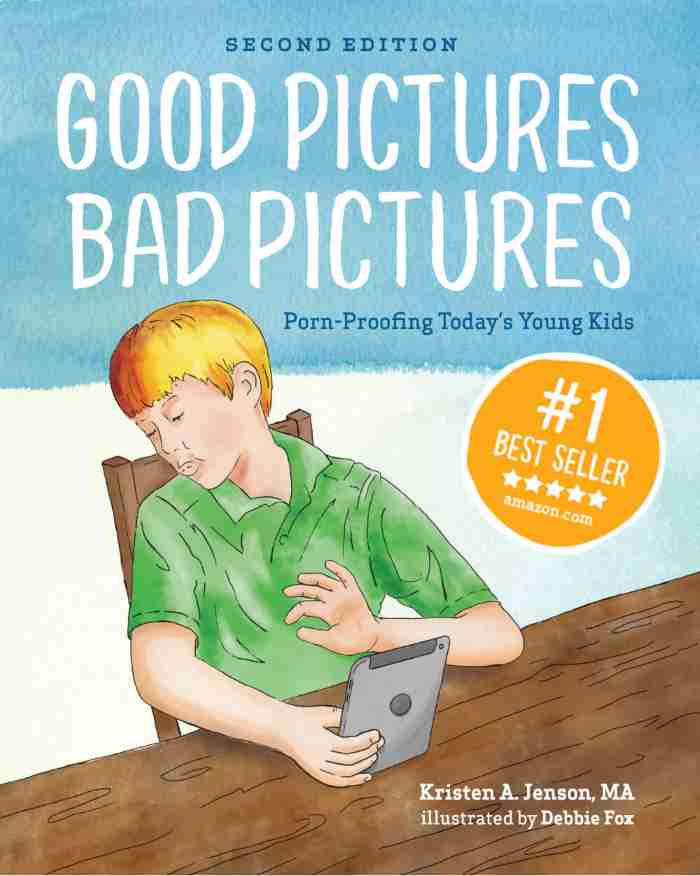

Parenting in a Digital World: How One Mom Stood Up to Big Tech and Won
This is a guest post by Melissa McKay—a fierce mom who played a key role in passing Utah's App Store Accountability Act. Learn more about Melissa and see her quick tips at the bottom of this article.
As a mother of five, I find parenting in a digital work challenging. The threats are different from my mom’s generation, but the need for fortitude and faith is the same.
My own mother grew up in a tiny house in Rockland, Idaho. Her father was a dry farmer, reliant on the rain to produce a successful crop to feed his family. She and her six siblings spent their childhoods doing backbreaking farm work during the hot summer and fall months and huddling around a potbelly stove in the winter.
Their survival depended on grit and prayer

Mothering with grit in the digital era
The dawn of the digital era has brought new challenges and threats—no longer drought or manual labor—that demand parents stay on guard and prepare themselves to defend what they hold closest to their hearts—their kids.
When iPads came to school: A digital wake-up call
Almost a decade ago, our elementary school began slowly integrating iPads and laptops into its education plans. As a naturally overprotective mother, I was skeptical.
I wondered:
- Why should a 4th grader, like my oldest son, do schoolwork on a tablet?
- Were the online filters really as strong as they claimed?
The school administration reassured parents that their filters were top-notch, and that schoolwork via device represented the future.
The day my son saw pornography at school
Within a week, my son had been exposed to pornography at school after misspelling a geology term in a Google image search. When I picked him up from school that day, his face looked concerned and confused. I gently nudged with a few probing questions to understand what had happened. After a moment of conversation, he told me he saw something at school that had made him feel uncomfortable. His blue eyes welled up with tears, wondering if he was in trouble.
I thanked him for telling me and praised him for his openness. I dropped him off at home and drove back to the school—angry and frustrated—to discuss the problem with the principal.
At that moment, I realized something critical:
- No matter how meticulously I protected my son at home, it wasn’t enough.
- Digital threats follow our children everywhere.
Related: Chromebook Safety Made Simple: 5 Essential Tips For A Safer School Year
How to give kids defenses against pornography and predators
We can’t follow our kids around at school, church activities, or at friends’ houses. That’s why we must prepare them to handle these inevitable situations. It’s imperative that our children feel our love and lack of judgment when they disclose confusing and shocking things they may experience online.
Here’s what helped in our home:
- Bought Good Pictures Bad Pictures very early on
- Read it regularly to our kids
- Reinforced that they were safe to tell us anything
- Emphasized they wouldn’t get in trouble
But protecting my own kids wasn’t enough anymore. I was tired of watching my own children, nephews, and neighborhood kids get harmed in an omnipresent new digital world that remains largely unregulated—where predators have direct access to children.
Children don’t have lawyers and lobbyists, but trillion-dollar companies have thousands of them. This is largely why Congress hasn’t passed comprehensive online safety reform in decades. I felt compelled to push back against Big Tech's unchecked power. it was time to stop just shaking my head—and start shaking things up.
[[CTA]]
Creating online safety laws to protect kids
In 2017, I partnered with Utah lawmakers on my first piece of legislation requiring public middle schools to educate children about:
- The harmful effects of pornography
- Online dangers.
A year later, I worked with Senator Mike Lee to hold a Congressional hearing on the role that devices and app stores played in harming children. Over the next six years, I spearheaded several national online safety movements and worked on several more pieces of legislation.
The App Store Accountability Act
This year, drawing on nearly a decade of experience, I helped draft and pass Utah’s App Store Accountability Act a first-in-the-nation law that requires app stores to:
- Provide accurate, clear, and transparent age ratings and content descriptors.
- Obtain parental consent before children enter into digital terms of service agreements (such as those presented with each app download).
It puts parents back in control of their children’s digital lives.
Related: The Truth About App Store Ratings Most Parents Don’t Know
How Big Tech pushed back against child safety laws
Tech companies reacted quickly, realizing they were on the verge of losing nearly two decades of Wild West-style access to children. Just weeks before the law’s passage, Apple and Google rolled out safety updates that mirrored a watered-down version of the legislation and urged my sponsor to abandon the bill in favor of their low-accountability alternative. As other states began considering similar laws, Apple and Google deployed armies of lobbyists to misrepresent the bill and block its passage. They even drafted their own version in other states to confuse lawmakers.
But we didn’t back down.
Building an alliance to protect kids online
I recently started the Digital Childhood Alliance, a coalition of over 70 advocacy groups, including Defend Young Minds, committed to protecting children online. Many are led by mothers like me who simply want to make the world safer for our kids. Together, we are pushing back against Big Tech lobbyists to pass critical child safety legislation in every state.
3 ways moms can keep their kids safer from online pornography and predators
Today, we digital-era moms face different threats from those our mothers and grandmothers confronted. But one critical thing remains the same— the need for grit, prayer, and purpose.
Our children are growing up in an online world that moves fast and often without guardrails. Protecting them requires awareness and action:
- Educate ourselves: Explore parent resources from Defend Young Minds like the Quick-Start Guide: How to Talk to Kids About Pornography and their up-to-date articles for confidence and clarity.
- Educate our children: Start with reading the Good Pictures Bad Pictures books to open the conversation about rejecting pornography.
- Work together to advance meaningful protections: Join the growing movement at the Digital Childhood Alliance or support organizations advocating for online child safety.
By doing so, we can reclaim a safer digital future for the next generation.
We don’t all need to be tech experts or march the halls of Congress. But we do need to be experts in our children’s hearts—to build trust, prepare them, and defend them.
Related: It’s Awkward, and It’s OK: You CAN Talk to Your Kids About Pornography
You have the power
Don’t underestimate the power of what you’re already doing.
Every dinner table conversation, every open-door policy, every book you read together—it all matters.
So take heart, mama. You’re not alone. You are exactly what your child needs.
Together, let’s raise a generation that’s not only protected—but prepared, resilient, and unafraid to speak up.
And just like the generations before us, we’ll get through it the same way—on grit and prayers.



Good Pictures Bad Pictures
"I really like the no-shame approach the author takes. It's so much more than just 'don't watch or look at porn.' It gave my children a real understanding about the brain and its natural response to pornography, how it can affect you if you look at it, and how to be prepared when you do come across it (since, let's face it... it's gonna happen at some point)." -Amazon Review by D.O.







